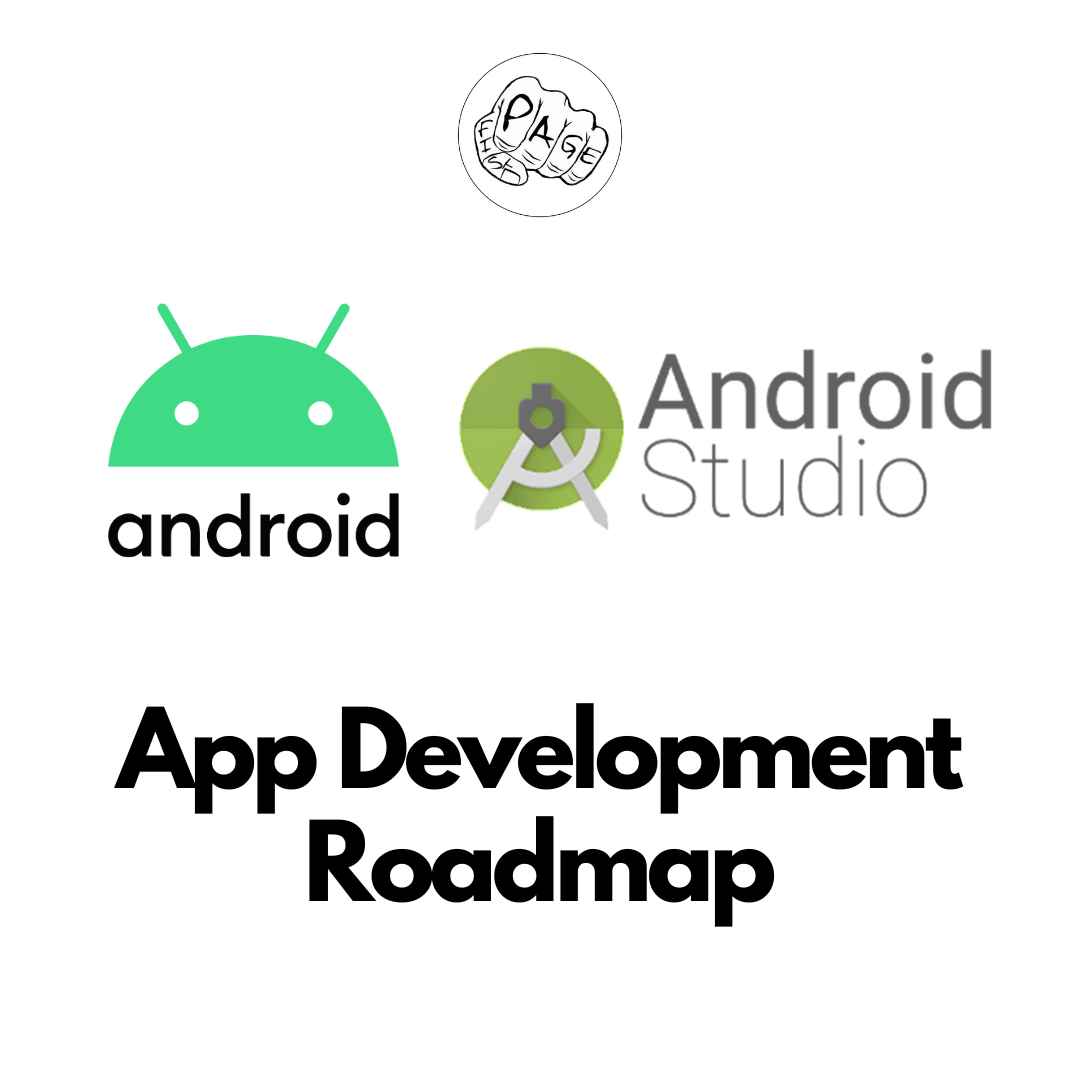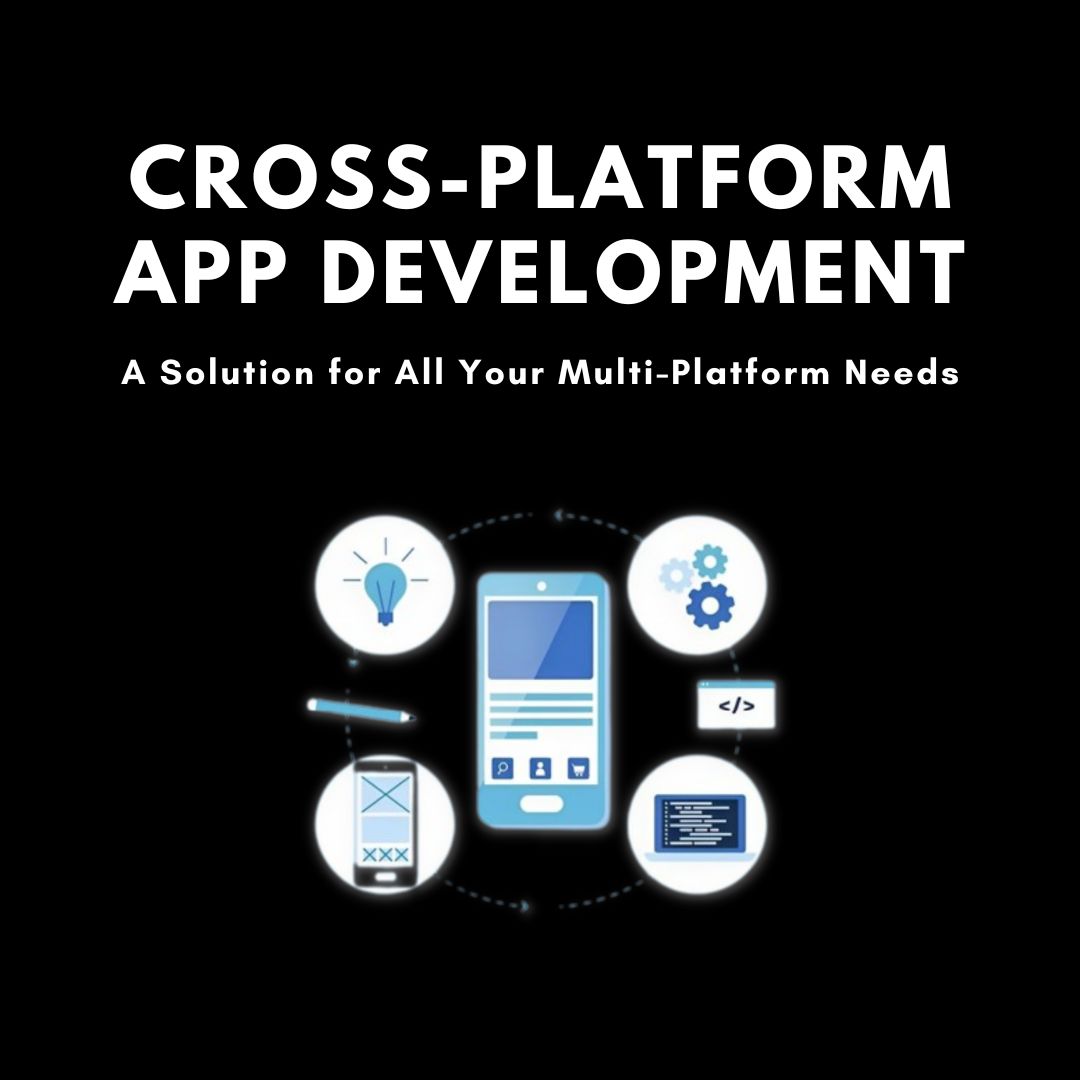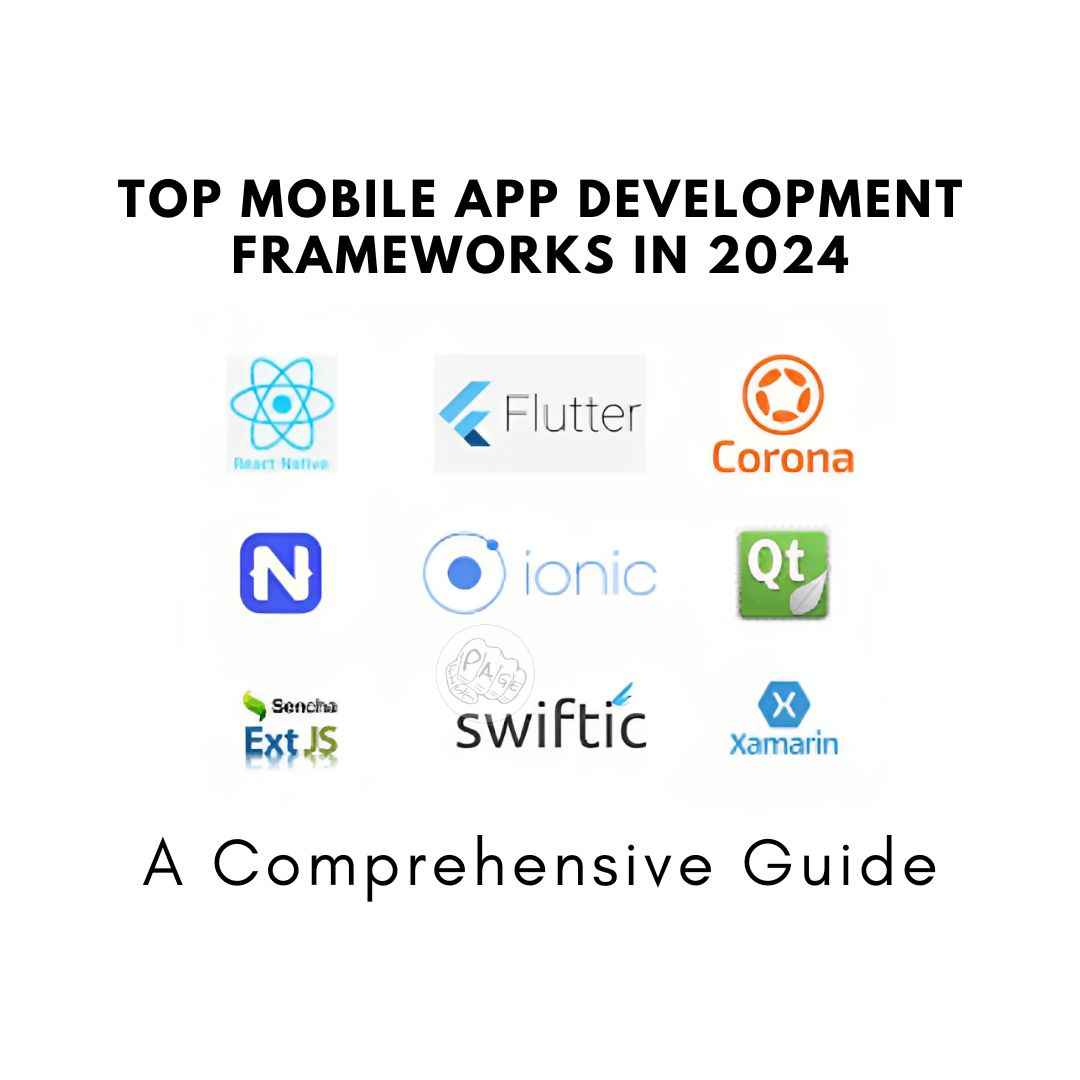Types of App Development
App development is the process of creating software applications that run on various devices, such as smartphones, tablets, computers, and smartwatches. There are different types of app development, depending on the platform, the programming language, and the development environment.
If you are planning to create an app for your business or personal use, you might be wondering what are the different types of app development and which one is best suited for your needs. In this blog post, we will explore the main types of app development and their advantages and disadvantages.
Native App Development
Native app development is the process of creating an app that is designed specifically for a particular platform, such as iOS or Android. Native apps are written in the native programming language of the platform, such as Swift or Kotlin, and use the native tools and frameworks provided by the platform. Native apps can access all the features and functionalities of the device, such as cameras, GPS, sensors, etc., and offer the best performance and user experience. However, native app development also has some drawbacks, such as:
- It requires a separate codebase for each platform, which increases the development time and cost.
- It requires specialized skills and knowledge of each platform, which may limit the availability of developers.
- It requires frequent updates and maintenance to keep up with the changes and updates of the platform.
Hybrid App Development
Hybrid app development is the process of creating an app that can run on multiple platforms using a single codebase. Hybrid apps are written in web technologies, such as HTML, CSS, and JavaScript, and use a framework or a wrapper, such as Cordova or React Native, to access the native features and functionalities of the device. Hybrid apps can reduce development time and cost by reusing the same code for different platforms. However, hybrid app development also has some limitations, such as:
- It may not be able to access all the features and functionalities of the device, depending on the framework or wrapper used.
- It may not offer the same performance and user experience as native apps, especially for complex or graphics-intensive apps.
- It may require additional testing and debugging to ensure compatibility and functionality across different platforms.
Web App Development
Web app development is the process of creating an app that runs on a web browser, rather than on a device. Web apps are written in web technologies, such as HTML, CSS, and JavaScript, and use web standards and APIs, such as Progressive Web Apps (PWA), to provide a native-like experience. Web apps can be accessed from any device with an internet connection and a web browser, without requiring installation or updates. However, web app development also has some challenges, such as:
- It may not be able to access all the features and functionalities of the device, depending on the browser support and permissions.
- It may not offer the same performance and user experience as native apps, especially for offline or low-bandwidth scenarios.
- It may not be discoverable or visible on app stores or search engines.
Conclusion
As you can see, there is no one-size-fits-all solution for app development. Each type of app development has its own pros and cons, depending on your goals, requirements, budget, timeline, target audience, etc. Therefore, you should carefully evaluate your needs and expectations before choosing a type of app development for your project. If you need any help or guidance with your app development project, feel free to contact us at [email protected] We are a team of experienced and professional app developers who can help you create your dream app.
Share This Post
Related Articles
Android App Development Roadmap
If you want to become a successful Android app developer, you need to follow a roadmap that covers the essential skills and tools you need to master. Here is a possible roadmap for Android app development.
Cross-Platform App Development: A Solution for All Your Multi-Platform Needs
Explore the world of Cross-Platform App Development, a cost-efficient solution for clients looking to develop apps that work on multiple platforms. Discover the benefits, frameworks, and FAQs surrounding this innovative approach!
Top Mobile App Development Frameworks in 2024: A Comprehensive Guide
Explore the top mobile app development frameworks in 2024, including Swiftic, Native Scripts, React Native, Xamarin, Ionic, Sencha Ext JS, Onsen UI, Flutter, Corona, and JQuery Mobile. Learn which framework suits your project's needs and stay ahead in the ever-evolving world of mobile app development.
What is Flutter Framework?
Flutter is a cross-platform framework that allows developers to create applications for different operating systems, such as Android, iOS, Windows, Linux, and Mac. Flutter uses a single codebase and a declarative UI approach to simplify the development process and improve the performance and quality of the applications. Flutter also supports hot reload and hot restart features, which enable faster iterations and debugging.
App Development for Beginners
If you are interested in app development but have no prior experience, this guide will help you get started. App development is the process of creating software applications that run on various devices, such as smartphones, tablets, computers, or smartwatches. There are many tools and platforms that you can use to create apps, depending on your goals, preferences, and skills.
Related FAQ
No related FAQ.
Say Hello
To Your Dream





